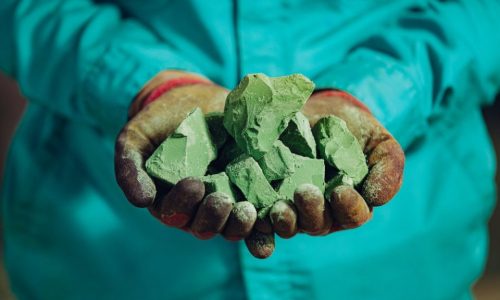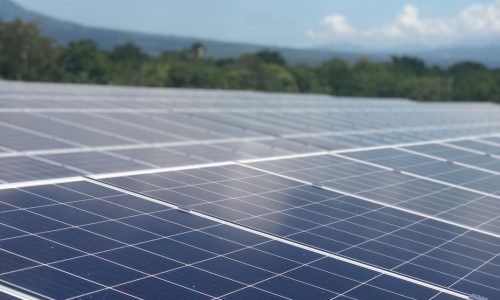Indonesia has secured eight trade contracts for palm kernel shells for Japan’s renewable energy needs valued at US$ 138.2 million (IDR 2.1 trillion). The contract was signed in a business meeting in Tokyo on September 28, 2022.
Six Indonesian palm kernel shell commodities companies were facilitated by the Indonesian Ministry of Trade and the Indonesian Palm Shell Entrepreneurs Association (APCASI). The Indonesian companies that were involved are PT Jatim Propertindo, PT Eka Sapta Paramta Energi, PT Bersaudara Natural Energi, PT Biomas Andalan Indonesia and PT Inti Perasa. While the Japanese business partner companies are Hanwa Co.Ltd, Taiheiyo Cement, Iwatani, Thomas International Co.Ltd, PPT Trading and Samsung.
The business conference that resulted in the trade contract was one of a series of trade missions held on the same day, entitled “Business Meeting of Indonesia Palm Kernel Shell”.
Increased trade of palm kernel shells
Trade ministry ’s Director General of National Export Development, Didi Sumedi, said that Indonesia was one of the world’s top producers of palm kernel shells. A total of 87.1% of the commodities were exported to Japan in 2021.
In 2021, the total trade between Indonesia and Japan reached US$ 32.5 billion. This trade value was 33.54% higher compared to 2020, which amounted US$ 24.3 billion. Meanwhile, the total trade in 2021 exceeded 2019, which was US$ 31.7 billion.
Indonesia’s exports to Japan in 2021 increased by 30.67% and Japan’s exports to Indonesia increased by 37.22%. Meanwhile, for January-July 2022, Indonesia’s total exports of palm kernel shells to Japan were recorded at US$ 207.5 million, an increase of 16.51% over the same period the previous year.
Heri Akhmadi, Indonesian Ambassador to Japan, stated that Indonesia was a “natural partner” of Japan, with diplomatic connections dating back to 1958. Japan is also one of Indonesia’s most important commercial and investment partners.
APCASI’s chairman Dikki Akhmar said the potential for Indonesian palm kernel shells was very large.
“Investment and trade opportunities for palm oil derivative products for biomass are not only in the form of palm kernel shells but also several other alternatives, such as empty fruit bunches, for Japanese companies,” Akhmar said.









